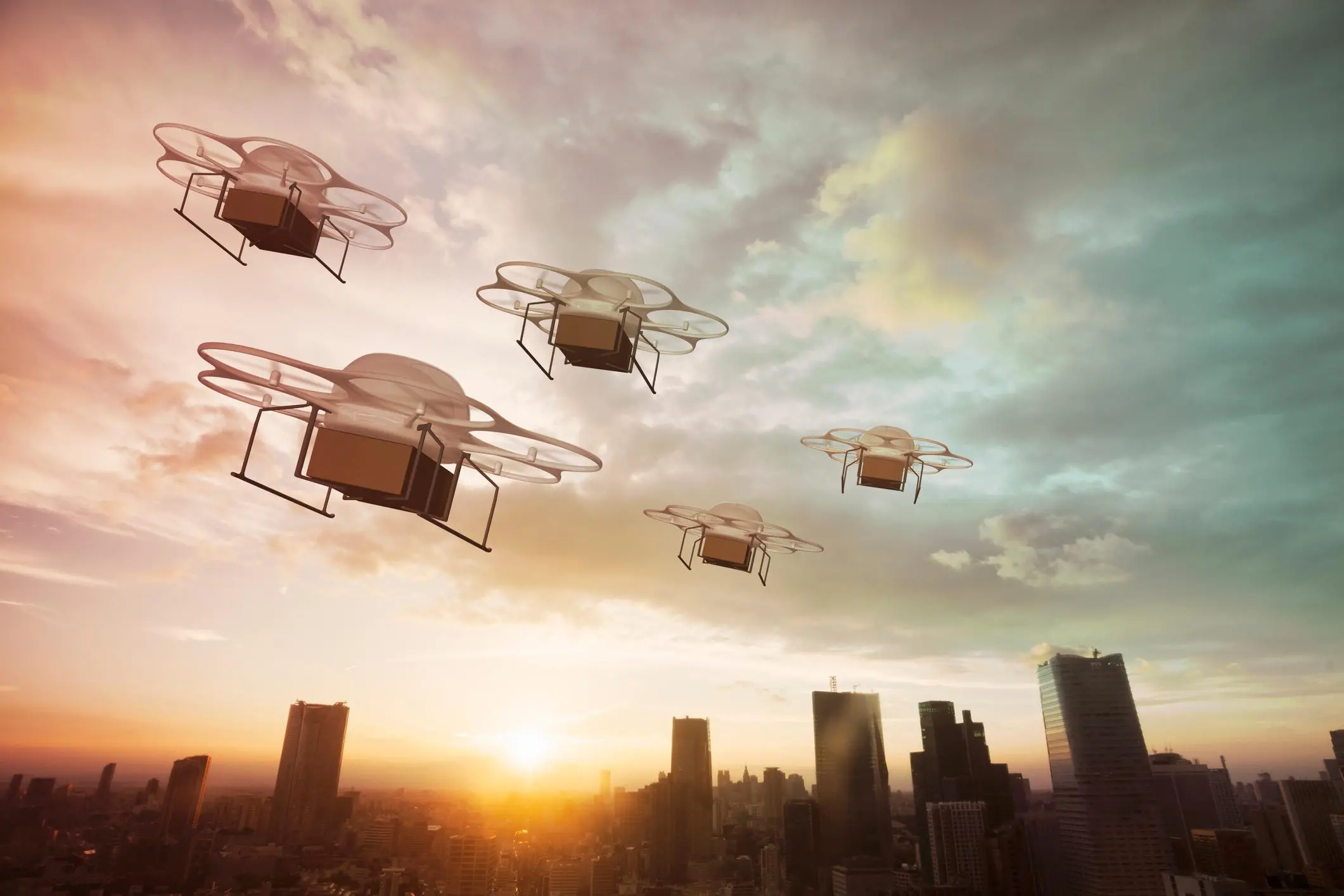PHOTO
The UAE is set to test drones that will fly into clouds and produce a small electrical charge to help them produce rain.
According to the National Centre of Meteorology, this new method could efficiently replace the traditional cloud-seeding method of depositing solid particles into the clouds.
These drones will instead change the balance of charge between rain droplets, encouraging them to merge and fall to the ground as rain.
The initial tests are being conducted at SANAD Academy, Dubai. The program is being conducted in collaboration with scientists from the University of Reading, UK and is led by Professor Giles Harrison.
"Our project aims to evaluate the importance of charge in affecting the cloud droplet size distribution and rainfall generation through modifying the behaviour of droplets and particles and studying the microphysical and electric properties of fog events," said Harrison, professor of atmospheric physics.
Dr Abdulla Al Mandous, NCM Director and President of the Regional Association II (Asia), said, "Such efforts are crucial in driving and encouraging innovation in applied scientific research to advance global rain enhancement capacity.”
The UAE Rain Enhancement and Research Program, managed by the NCM, announced the launch of its fourth cycle at the recently concluded fifth International Rain Enhancement Forum (IREF). Submissions are open to innovative project proposals from across the globe.
Copyright © 2021 Khaleej Times. All Rights Reserved. Provided by SyndiGate Media Inc. (Syndigate.info).





















